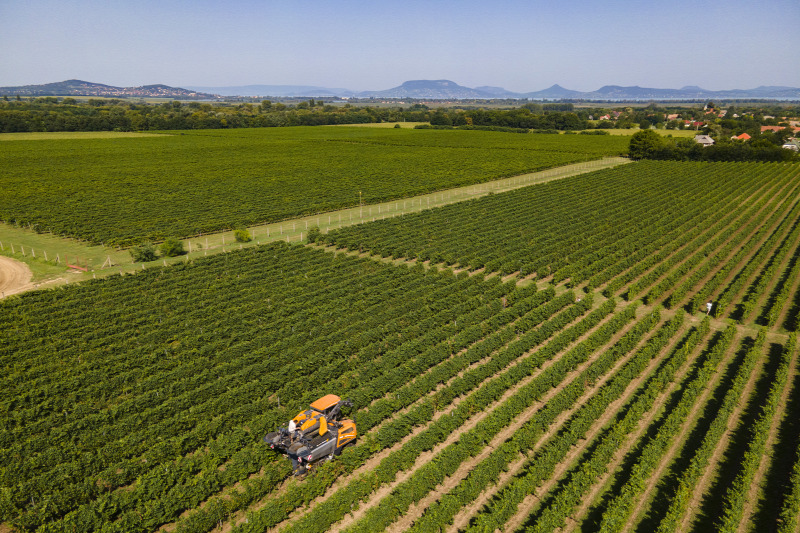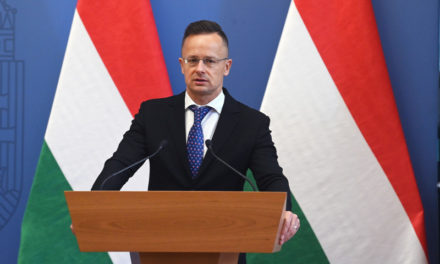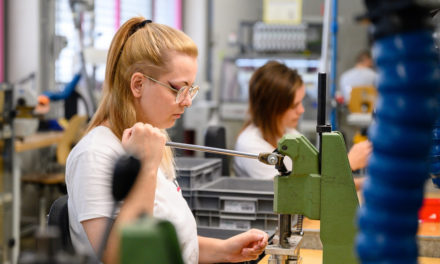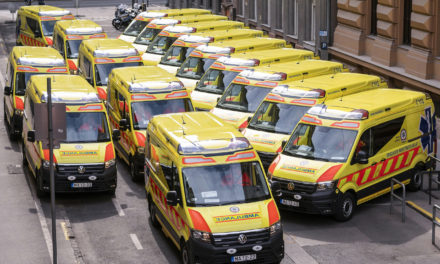We can be optimistic, because the Hungarian countryside is showing increasingly strong signs of life, and it is not an exaggeration to consider the direction in which we have started as a historical opportunity.
More and more people choose rural life and see the possibility of prosperity in it: last year, more than 16,000 of our compatriots moved from the capital and 2,600 from other cities, while the number of people living in the villages increased by 19,000. These numbers also prove that people are increasingly longing for a way of life closer to nature. Recognizing this trend, the government and the Ministry of Agriculture are using all their means to help improve the quality of life in the countryside, small towns, villages and farms, for which the development of public services and the support of small businesses and farmers are indispensable.
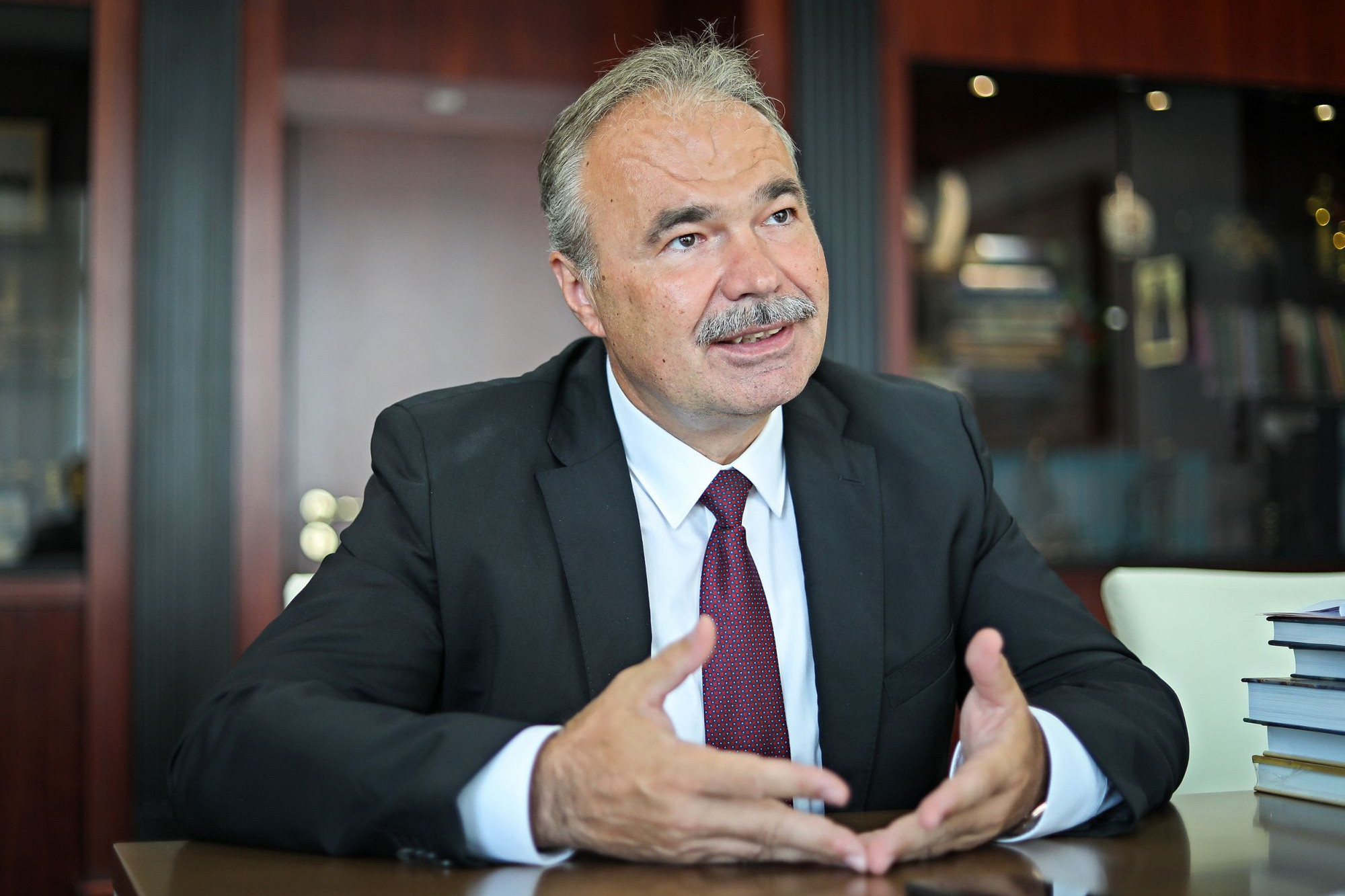
Minister of Agriculture István Nagy/Source/magyarhirlap.hu
This is the first step towards returning the word countryside to its original meaning, thus its worthy rank, which we can all be proud of. It is important not to think of the countryside as an opposite pair of the city, nor as a service unit, but as an indispensable partner, a stable hinterland.
2010 brought a turning point from this point of view, because the center of thinking of the civic-national government that has been in office since then has always been a balanced Hungary based on the functional division of labor between the capital and the countryside. It should also be clearly seen that the countryside is not a homogeneous structure. From small villages to medium-sized settlements, it is made up of larger cities; economic poles; tourist areas; protected natural landscape units; consists of agricultural areas. Therefore, its problems must also be dealt with in a complex manner, taking into account many factors, in which the creation of the Rural Development Government Committee is a significant step forward. The committee included experienced people who can channel different aspects and interests during the distribution of rural development resources.
In addition to the regime change that took place thirty years ago and its results, all its mistakes determined for a long time and still determine the development of important economic and social processes. Some of these processes affect economic conditions even more noticeably in rural areas. After the privatization of the domestic manufacturing industry in 1990, a significant part of the new owners did not think long-term about the potential here. As a result, Hungarian agriculture reverted to being a producer of raw materials, which radically reduced its profitability. But a large part of the retail sector was also out of the hands of domestic owners. These must be sorted out in order for the economy of the countryside to be strengthened and to be able to ensure the independence and income-generating capacity that permanently restores the foundations of the rural way of life.
A productive professional discourse on this and many other aspects of rural development can be expected at the November 4, 2021, event of the Rural Conference organized by Századvég Konjunktúratokutató Zrt.
Online registration link available here.
Source: origo.hu / Minister of Agriculture István Nagy
Featured image: MTI/György Varga

